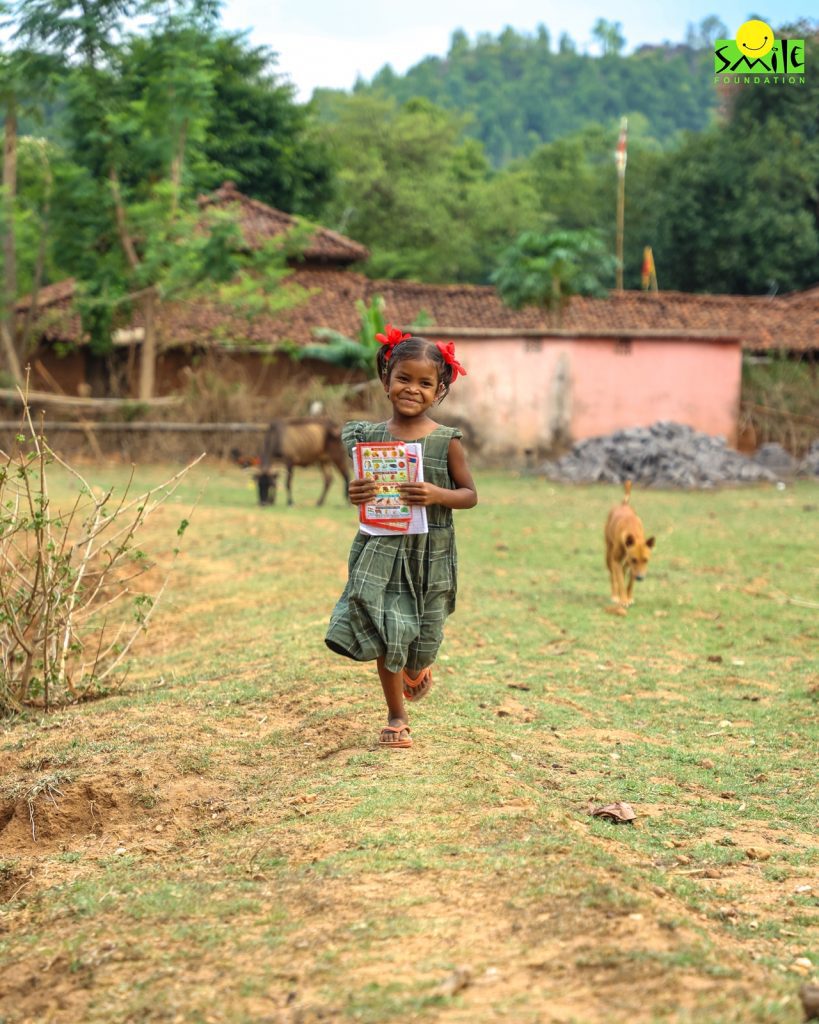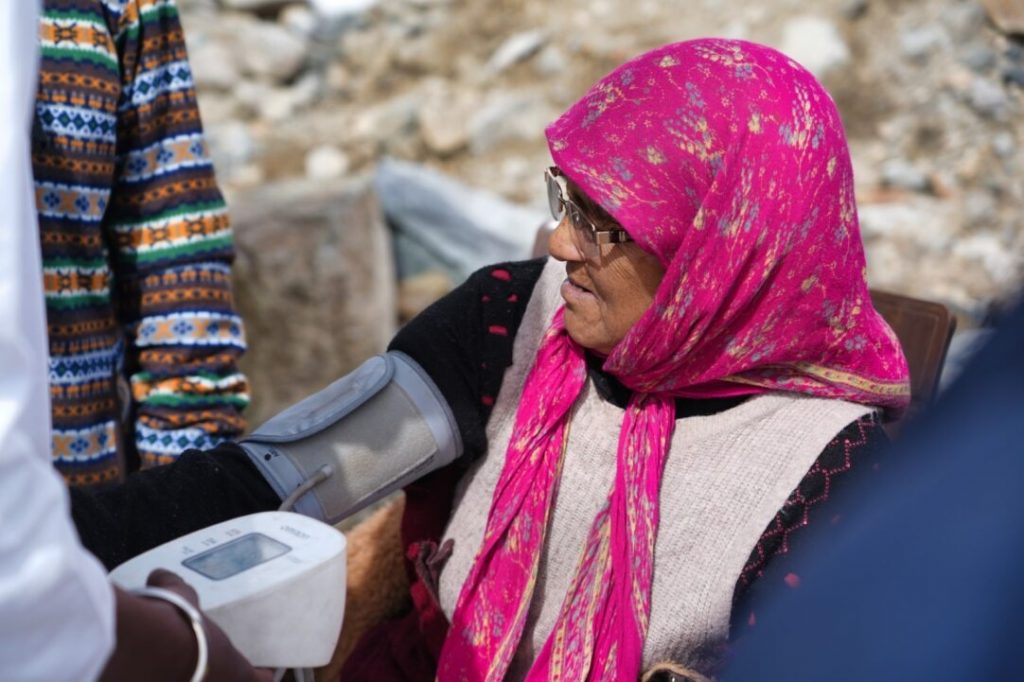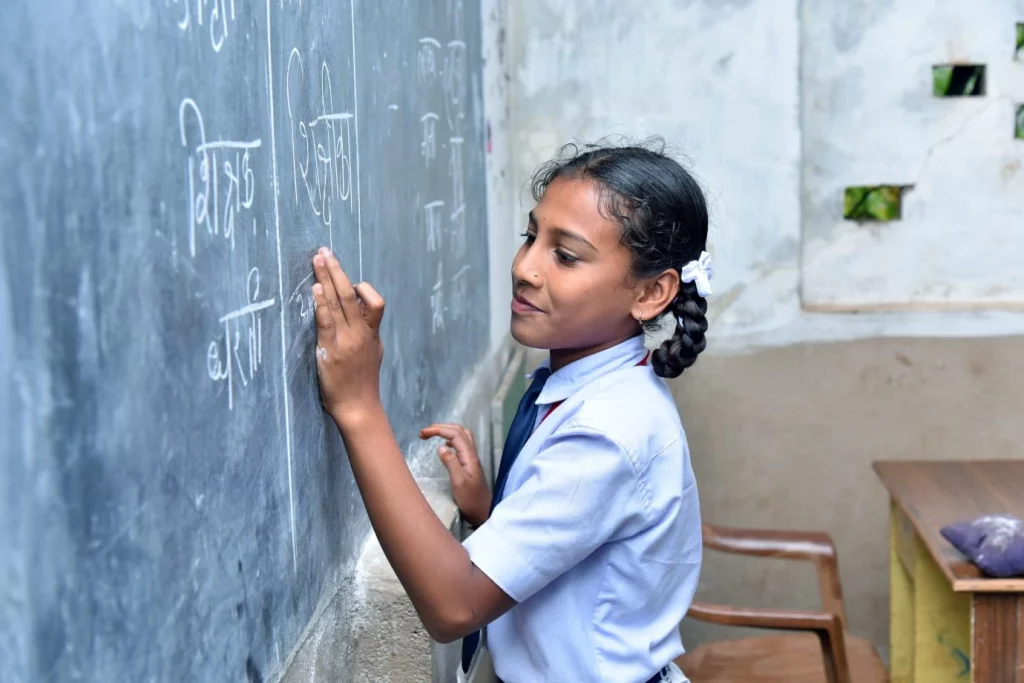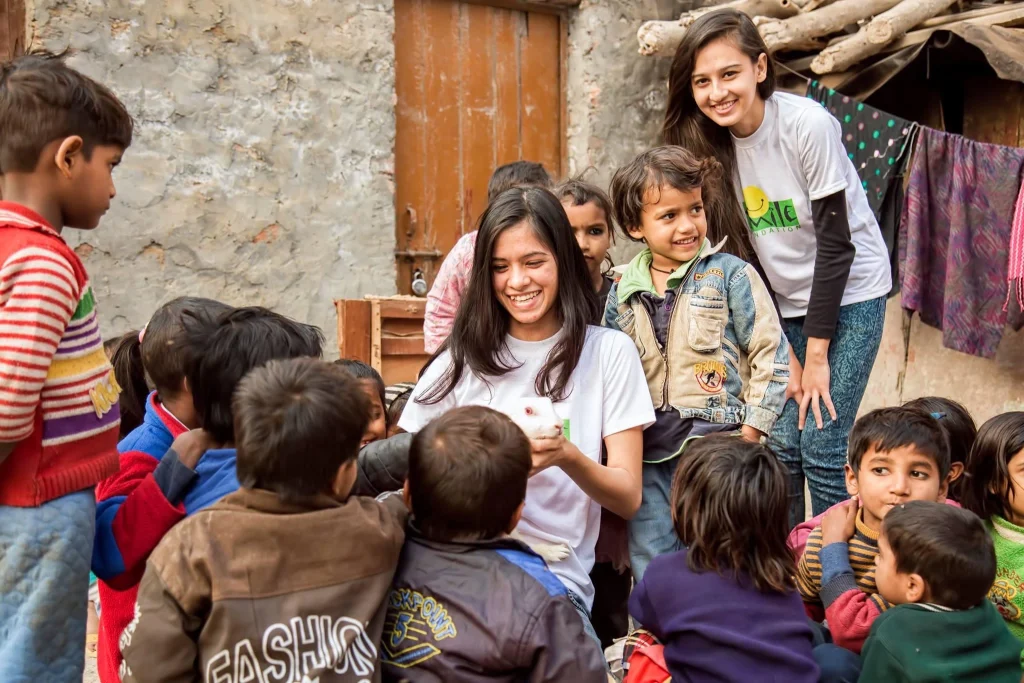Education and learning are two threads that weave together to shape our lives. Though sometimes used interchangeably, these words have unique meanings and implications, especially in India’s varied and dynamic geography. Education represents a formal, structured route, whereas learning represents a personal, continuous journey of intellectual and emotional development. Both are vital, yet their techniques and outcomes might differ considerably.
The structure of education
Education is a formal process, typically delivered within the walls of schools, colleges and universities. It follows a prescribed curriculum designed by educational authorities and is imparted by trained educators. In India, the education system is known for its rigour and standardisation, aiming to equip students with the requisite knowledge and skills to excel in various fields. From the early years of schooling to advanced degrees, education lays a foundational framework for intellectual development.
One of the distinguishing features of the Indian educational system is its emphasis on standardisation. Whether in major metropolises or rural villages, students frequently follow a standard curriculum to maintain a constant level of instruction. This standardisation seeks to ensure equitable chances for all pupils, regardless of socioeconomic status. High-stakes tests, such as the Board exams, are critical in judging students’ knowledge, academic achievement and future chances. These tests are viewed as entrances to prominent universities and job routes, making them an important part of the educational process.
What’s the essence?
In contrast, learning is a larger and more flexible process. It includes gaining information, skills, attitudes and values via a variety of experiences, observations and interactions. Learning occurs outside of the classroom—from the home to the playground, from books to digital media. Learning is an ongoing process motivated by curiosity and a desire to comprehend the universe.
One of the most appealing qualities of learning is its adaptability. Unlike conventional education’s organised curriculum, learning allows individuals to investigate areas of interest at their own speed and style. This adaptability is essential for developing creativity and critical thinking abilities, which are becoming increasingly necessary in today’s fast-paced, ever-changing environment. Intrinsic motivation or the innate urge to explore, comprehend and grow, is what keeps learning going. The most profound and long-lasting types of knowledge are frequently the result of intrinsic drive.
The interplay between education and learning
In India’s school system, where structure and discipline are key, incorporating effective learning practices might result in a more comprehensive and engaging experience. Smart children are more than just those who excel academically; they also have critical thinking, problem-solving skills and emotional intelligence. These characteristics are best developed through a balanced combination of education and learning.
Incorporating active learning strategies into the educational framework can have a big impact. Group discussions, projects and hands-on activities actively engage students, resulting in a better grasp and retention of content. Encouraging pupils to ask questions, analyse material and think critically can help passive learners become active searchers of knowledge. Furthermore, using technology, such as online courses, educational applications and multimedia information, may make learning more participatory and accessible while enhancing traditional teaching techniques.
Personalised learning is another effective strategy. Recognising that each student has distinct strengths and problems, personalised education may cater to specific learning requirements and preferences. This method not only improves academic achievement but also fosters confidence and a desire to study.
The lifelong journey
Ultimately, education and learning are complementary rather than mutually incompatible. Education offers the fundamental information and credentials required for professional success, whereas learning promotes the ongoing growth of an individual’s intellectual and emotional skills. In a country as varied and fast-changing as India, maintaining a balance between the two is critical.
By creating an atmosphere in which organised education and flexible learning coexist, we may raise a generation of intelligent children who are not only well-educated but also have the skills and mentality required to navigate and prosper in an ever-changing world. Education provides the tools; learning teaches students how to utilise them successfully.
In conclusion, education and learning, while separate, are inextricably linked journeys. They work together to pave the road for not just academic and professional achievement, but also personal fulfilment and long-term progress. As we move forward, recognising the symbiotic link between education and learning will help us create a more educated, creative and resilient society.
Smile Foundation and its holistic work on education
Smile Foundation is deeply committed to enhancing educational opportunities for children across India, bridging the gap between formal education and personal learning journeys. Our initiatives focus on providing quality education to children, ensuring that they receive not only the structured learning typically offered in schools but also the additional support needed for holistic development.
By integrating creative and participatory learning methods with the formal education system, we believe in creating a more engaging and comprehensive educational experience. Our programmes emphasise the importance of both structured education and continuous personal learning, aiming to equip children with the skills, confidence and curiosity needed to do well both academically and personally. This balanced approach supports the development of critical thinking, problem-solving and emotional intelligence, preparing children to navigate a world that keeps changing quickly and change their lives for the better.










